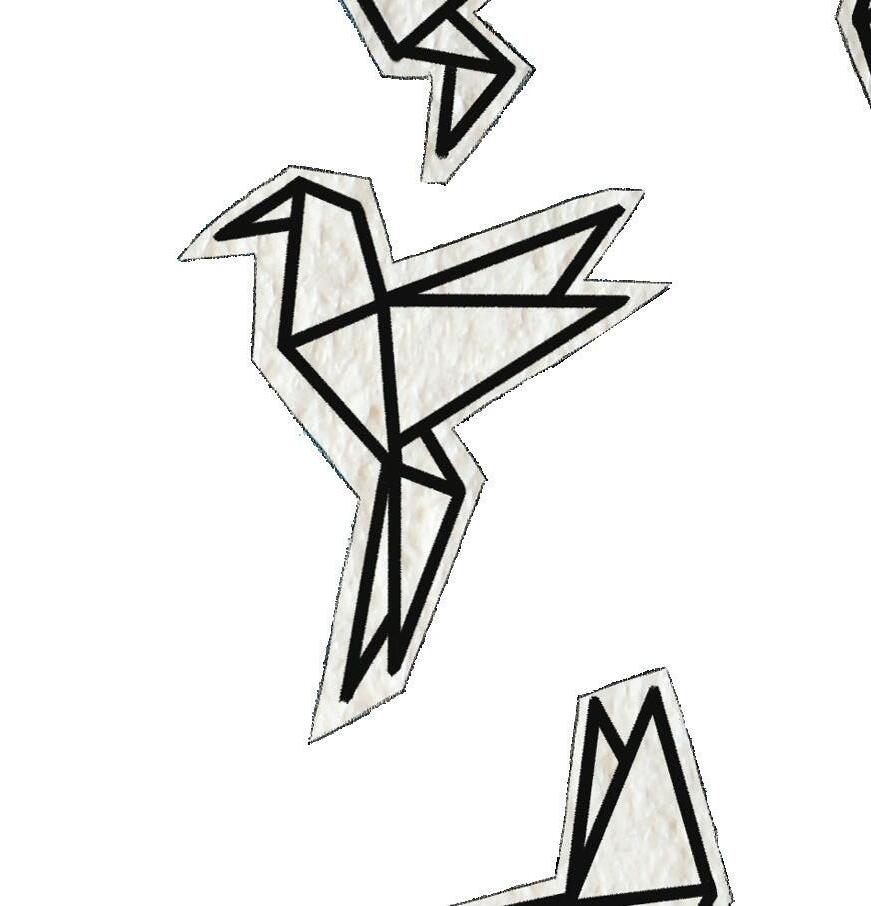
4 minute read
Intro to Literature
In the year 2000 a survey was done with 16,000 people; 22% of these were women that reported to be victims of domestic violence. In 2004 Lynn Nottage wrote the play Poof! Poof fits in the historical context of its time because it’s about a woman who has been abused by her husband. “Sociologists believe that … norms govern our lives by giving us implicit guidance on what to think and believe how to behave and how to interact with others” (Crossman). The environment that we are in can affect our behavior and our actions, and it can lead one to go against the laws that govern us.
Our behavior can be affected by domestic violence. As a survivor of domestic violence, I can attest that we become accustomed to the way we are treated. We learn that “[n]orms stem from and organize casual interactions and emerge from repetition and routine” (Crossman). We adapt to these to survive our everyday life. We see this when Laureen says, “Samuel? I didn’t mean it really. I’ll be good if you come back…. Don’t be cross with me, Sure I forgot to pick up your shirt for tomorrow, I can wash another, I’ll do it right now …. Maybe I didn’t intend to wash your shirt (Pulls back as though about to receive a blow: a moment)” (Nottage 994). Laureen is so used to the way Samuel treats her it is the only way she knows, even though it isn’t right. She even muffles under her breath and then ducks as if he is going to hit her because she is used to this happening. What we are taught about what is right and wrong is what gives us structure, and if we violate what we are taught, we become so afraid of disappointment and disapproval that we just keep things to ourselves and stay in our situation. recognize anymore. Is she wrong? Has she gone against the Law? Yes, she has, but she was given no other options--in her mind at that specific time. She is afraid of what society will think or if they will believe her, so she chooses to hide the evidence and decides to call the police the next day and report him missing.
Advertisement



Domestic abuse is a tough situation. We know it is wrong, but there are so many cases left unreported. This can build up inside and affect our actions. I know when I was in an abusive relationship I would lie in bed at night and think of ways I could get rid of my boyfriend without getting caught. (I never acted on these of course.) But I also would think of ways to leave when he wasn’t home, and eventually that is exactly what I did. I see this dynamic in conversations between Florence and Laureen. We can see that they too have discussed these things with each other. Laureen says “No more than usual. I just couldn’t take being hit one more time…. Florence: You’ve taken a thousand hits from that man; couldn’t you have turned the cheek and waited. I’d help you pack. Like we talked about” (Nottage 997). We see this again when Florence tries to recruit Laureen to do what she did to Samuel to her husband Edgar. Florence says, “Then come up stairs with me…. We’ll wait for Edgar and then you can spit out your words and…” (Nottage, 998).
Lastly, we have the principles and laws that we live by every day. “Laws exist to discourage behavior that would typically result in injury or harm to another person…When someone violates a law, a state of authority will impose a sanction which can be as light as a payable fine or so severe as imprisonment” (Crossman). This is shown to us in the play when Loureen realizes she has gone against the Laws which were bestowed in her long ago. She has been driven to go against these laws because of the way her husband has treated her. We can see that her mental capacity could no longer take the life in which she was given and had to do something about it. In fact, we can see this as soon as the play starts.
“Samuel (in darkness): WHEN I COUNT TO TEN, I DON’T WANT TO SEE YA! I DON’T WANT TO HEAR YA! ONE, TWO, THREE, FOURLaureen (in darkness): DAMN YOU TO HELL, SAMUEL!” (Nottage 993). We see this again when Laureen is talking to Florence, “(whimpers), He’s made me a killer, Florence, and you remember what a gentle child I was (whimpers). I’m a Killer, I’m a Killer” (Notting 996). Loureen has fallen victim to her surroundings; she has turned into a person she didn’t
Poof by Lynn Nottage fits the historical context of the year 2004 with the victims of domestic violence. We hear about cases of domestic violence and battered woman syndrome quite a bit still today. Nottage even says the preface to Poof, “Nearly half the women on death row in the United States were convicted of killing abusive husbands. Spontaneous combustion is not recognized as a capital crime” (993). The environment we become accustomed to is how we tend to mold our behavior, our actions and how we look at the world. If you are in an abusive relationship, you may not see any other way of escape. You may feel as if you are pushed up against the wall with no other choice and without a second you snap. There is that instant thought of what have I done? that only that abused person can feel.
Works Cited
Crossman, Ashley. “Folkways, Mores, Taboos, and Laws.” ThoughtCo, Feb. 16, 2021, thoughtco.com/folkways-mores-taboos-andlaws-3026267 https://en.wikipedia.org/wiki/Domestic_violence_
in_the_United_States

Nottage, Lynn, Poof: The Compact Bedford Introduction to Literature, 12th edition, edited by Michael Meyer and D. Quentin Miller, Pg. 993-999.









